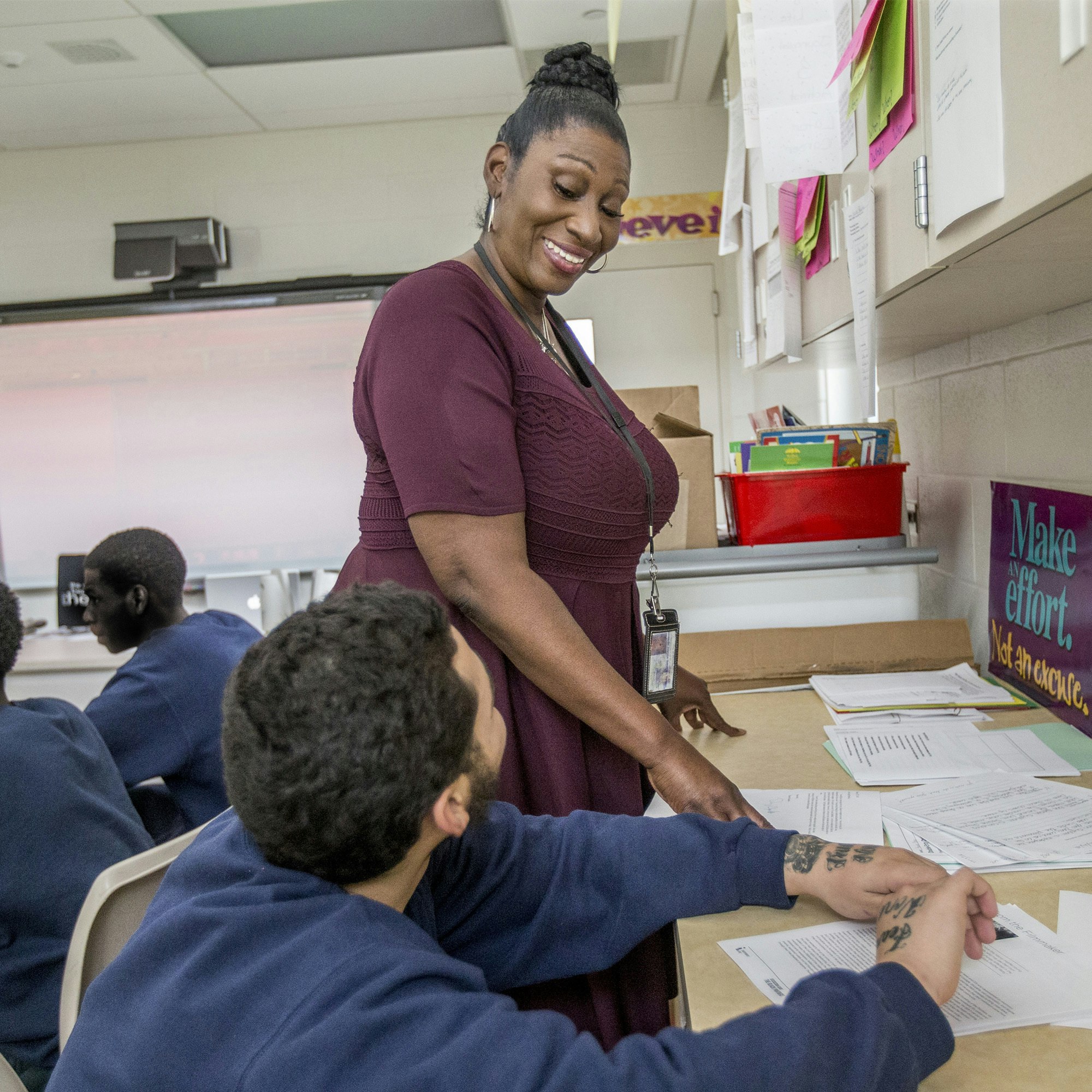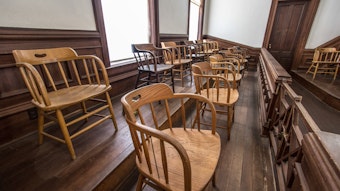How We Incarcerate Young People: A Conversation about Policy and Neuroscience

Across the United States, children under the age of 18 can be tried as adults in criminal court. Although the practice is condemned by international law, we are the only country in the world that sentences young people to life in prison without the possibility of parole. At the same time, recent developments in neuroscience research demonstrate that the human brain is not fully developed until after the age of 25.
This program will consider the ways we punish young people in the American criminal legal system and how our policies could be reformed. We will bring together a Massachusetts sheriff experienced in running urban jails, a clinical psychologist, and an advocate for emerging adult justice to discuss how public policy and carceral institutions can respond to the harmful impact of stress and trauma on the developing brain. With attention to international models of success, the panel will consider specific ways that local leaders at the county level are focused on change, how science-based research bears on public policy, and what it means to center dignity.
Event Video

SPEAKERS
- Lael Chester, director, Emerging Adult Justice Project, Columbia University Justice Lab
- Robert Kinscherff, associate vice president for community engagement, William James College; affiliated faculty, Center for Law, Brain & Behavior, Massachusetts General Hospital
- Steven W. Tompkins, sheriff, Suffolk County, Massachusetts
MODERATOR
- Sandra Susan Smith, Carol K. Pforzheimer Professor, Harvard Radcliffe Institute; Daniel & Florence Guggenheim Professor of Criminal Justice and director of the Program in Criminal Justice Policy and Management, Harvard Kennedy School


